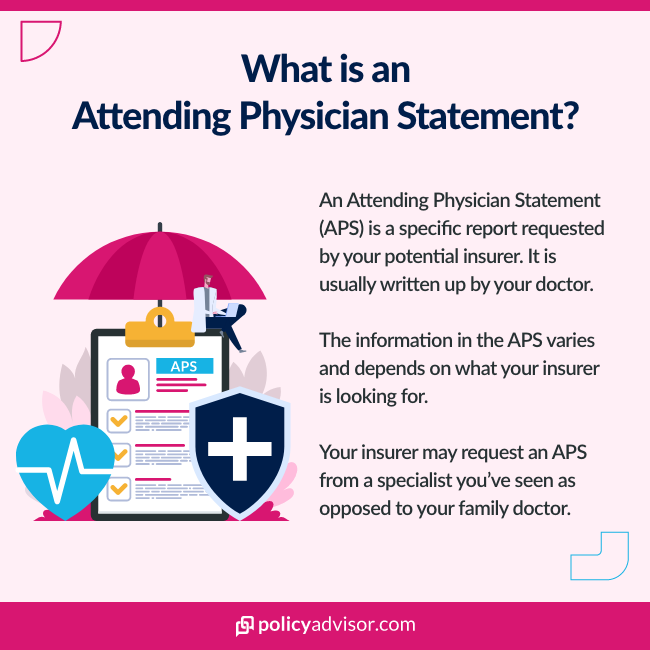How to Find Out If Someone Has a Life Insurance Policy
Wondering how to determine if someone has a life insurance policy? Our guide on How to Find Out If Someone Has a Life Insurance Policy provides essential tips and methods for uncovering existing life insurance coverage. Learn about various ways to locate policy details, including contacting insurance companies, checking financial documents, and consulting with legal professionals.
Determining whether someone has a life insurance policy can be essential for various reasons, including settling estates and understanding financial planning. However, finding out about such policies isn't always straightforward. This guide will walk you through the methods and considerations for uncovering whether a person has a life insurance policy.
Understand the Importance of Finding Out About a Life Insurance Policy
Before diving into the methods, it's crucial to grasp why this information is significant. Life insurance policies can provide financial support to beneficiaries after the policyholder's death. Knowing whether someone has a policy and its details can affect estate planning, inheritance, and financial stability.
Check for Existing Documentation
The most direct way to determine if someone had a life insurance policy is to search for existing documentation. This can include personal records and files, bank statements, and tax returns.
Begin by searching through the deceased person’s personal files, such as filing cabinets, safes, or desk drawers. Look for policy documents, insurance statements, or any correspondence from insurance companies. Policies might also be stored digitally, so check email accounts and online document storage services.
Review the deceased person's bank statements for any recurring payments to insurance companies. These payments could indicate an active policy. Look for transaction descriptions that include insurance companies' names or policy numbers.
Life insurance premiums may also be listed on tax returns as deductions or expenses. Reviewing past tax returns could provide clues about any existing policies. While life insurance benefits are usually not taxable, the premiums might be recorded.
Contact Insurance Companies
If personal documentation isn’t available, the next step is to contact insurance companies directly. Prepare to provide the deceased’s full name, date of birth, and Social Security number when contacting insurance companies. This information will help insurers search their records for any associated policies.
Start by reaching out to major life insurance providers. Many people have policies with well-known insurance companies, so it's a good idea to contact the largest insurers first. Provide them with the necessary details to facilitate their search.
There are also services available that can help locate life insurance policies. These services often require you to provide the deceased’s personal information and may charge a fee. Examples include the National Association of Insurance Commissioners and various private locator services.
Check with State Departments of Insurance
State departments of insurance can sometimes assist in locating life insurance policies. They often keep records of licensed insurers operating within the state and may offer resources or guidance on locating policies.
Reach out to the department of insurance in the state where the deceased lived. They may have tools or resources to help you find out if a policy exists. Provide them with the necessary information, such as the deceased’s full name and date of birth.
Many states have unclaimed property programs that include life insurance policies. If a policyholder passes away and the benefits are not claimed, the funds might be turned over to the state. Check with the state’s unclaimed property office to see if any benefits are awaiting claim.
Search for Policy Information Online
Online searches can sometimes yield information about life insurance policies. Some online tools and databases are designed to help locate life insurance policies. These tools often require personal information about the deceased and may charge a fee for their services.
Occasionally, online obituaries or estate notices include information about life insurance policies. These notices may mention the insurance companies or provide details on how to contact the beneficiaries.
Consult with Professionals
When all else fails, seeking professional assistance can be a viable option. An attorney specializing in estate planning or probate law may have experience in locating life insurance policies. They can assist with legal steps and utilize their network to find relevant information.
Financial advisors often have resources and knowledge about locating life insurance policies. They can provide guidance on how to proceed and may offer assistance in contacting insurance companies.
Considerations When Searching for a Life Insurance Policy
Be aware of privacy and legal constraints when searching for life insurance policies. Accessing someone’s personal information without consent can have legal implications. Ensure that you are authorized to access this information, especially if you are not a direct beneficiary or executor of the estate.
Maintain detailed records of all your inquiries and communications. This documentation will be valuable if you need to follow up or prove your efforts to locate a policy.
Finding a life insurance policy can be a time-consuming process. Persistence and patience are essential as you navigate through different methods and potential obstacles.
What to Do Once You Locate a Policy
Once you identify an insurance policy, contact the insurance company to begin the claims process. Provide them with the necessary documentation, such as a death certificate and proof of identity.
Each insurance company has its own claims process. Follow their instructions carefully to ensure that the benefits are processed smoothly and promptly.
Examine the policy details to understand the coverage amount, beneficiaries, and any specific terms or conditions. This information will help you manage the policy and distribute the benefits appropriately.
Finding out if someone has a life insurance policy can be a crucial step in managing their estate and ensuring that financial obligations are met. By following these steps—searching personal records, contacting insurance companies, utilizing state resources, and seeking professional help—you can uncover any existing policies and proceed with the necessary claims. Remember to stay persistent and patient throughout the process, and keep thorough records of your efforts.
What's Your Reaction?



















